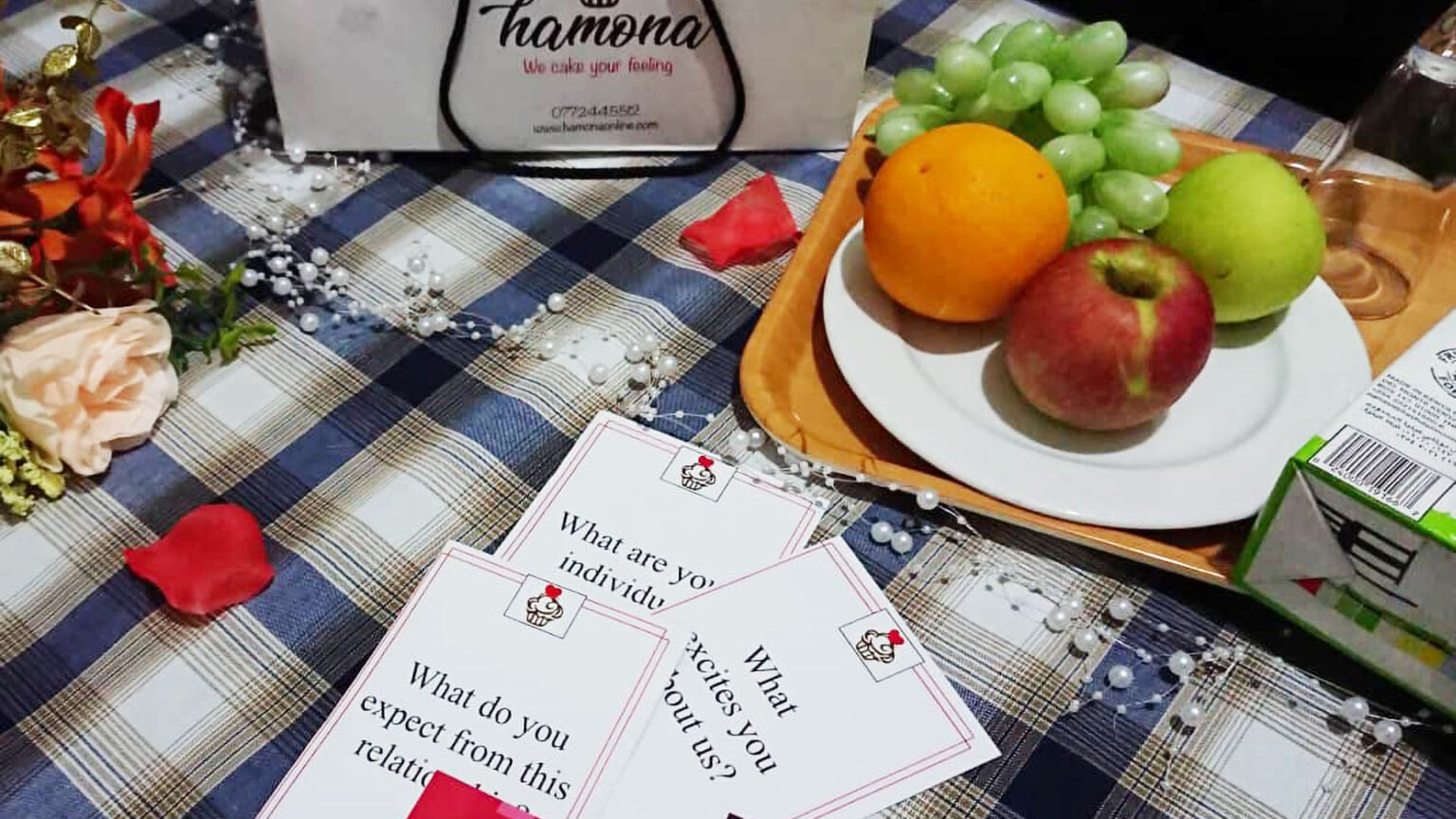Once upon a time, the man was the leader of the family. It was important that he had his thoughts organised and at least had an idea where his family was heading and how it would behave.
He was the architect and engineer and somehow his family was a true reflection of his thoughts and beliefs because he actually made sure they all move in the way he thought they should. And because his determination was visible and his instruction clear, his family did not need an introduction as it carried all the well-known mannerisms about him, that people would just point out that a said person had to be his child because they behaved exactly like him.
She on the other hand was his support. Listening clearly to what he suggested and following with trust because she believed in his beliefs and abilities. She had known his abilities since courtship and had placed all her trust that the road map was clear in him.
And then the man changed. He reversed roles without prior notice and agreement with the woman.
He now looked up to her to steer his family forward, leaving her to draw the plans and engineer them. And that left her confused. While she tried to gamble in making the road map and drawing all the structures, she still has to play support because he did not pick up her roles on abandoning his, even as she took on his.
She now has a double burden and she may not be doing a perfect job of it. And now he blames her. And he shamelessly says she is not doing enough. Is it her role to lead the family forward? Is it her role to support her decisions while he does what exactly?
If you are this kind of man, do you realise your union is bumpy because you are moving forward with a confused female? Confused not because she is unable but because she is wondering where she went wrong to have picked up your responsibilities and made them hers even though you still exist in the relationship? Confused because she doesn’t know your role now, to enable her to play her role of support, confused because she is being blamed for things she shouldn’t be….
Do you know she may have emotionally left the relationship even though she is present in person because she can not really piece it together?
Where are you leading her, do you know? Have you made sure she knows if you know?
We still sell delicious Hamona treats by the way, please click on our shop and order something for her. Don’t wait for Valentine’s Day, it will have its own delicacies. Order now, at our shop
At Hamona we love. Love.








